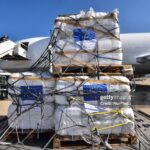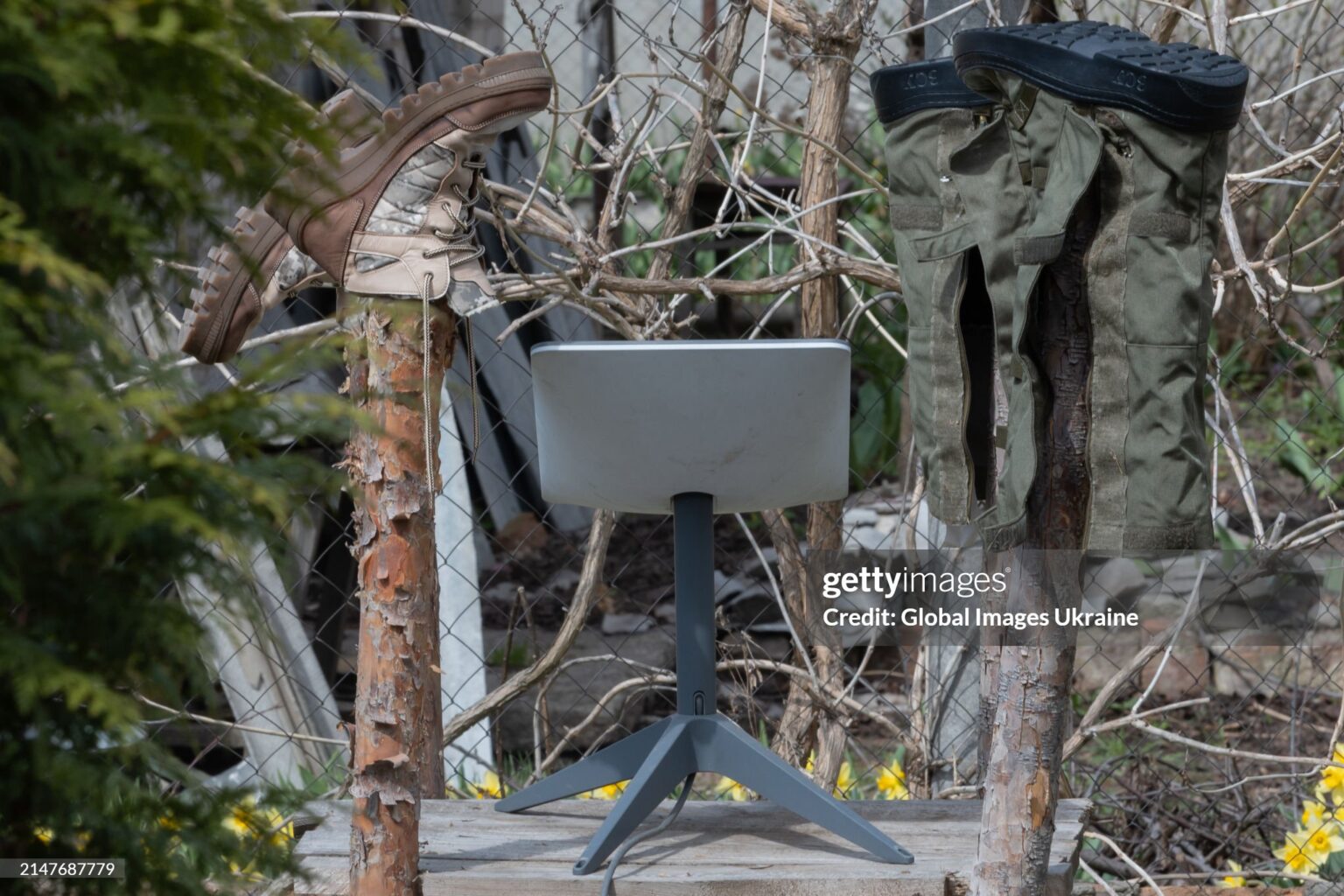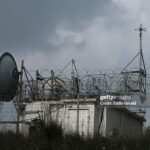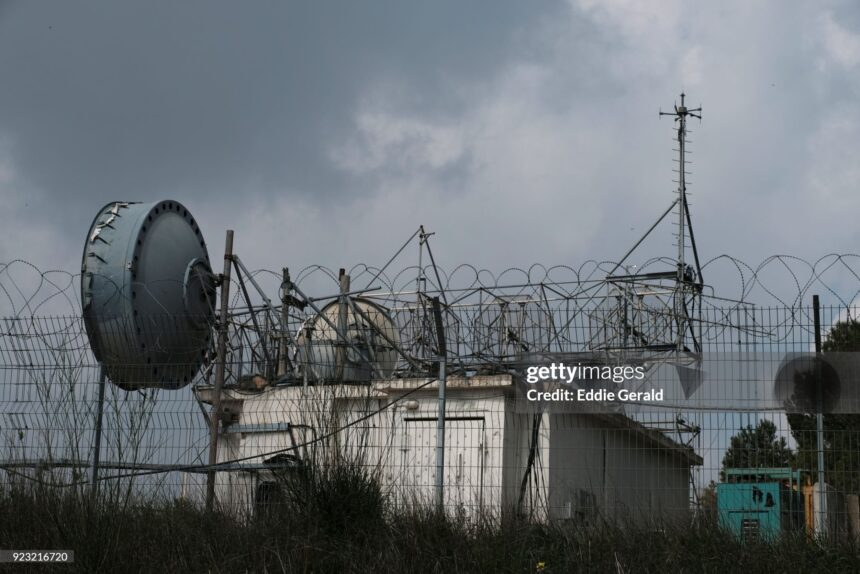If regulatory, economic, and social challenges are tackled, Starlink could revolutionize Lebanon’s internet landscape and stimulate long-term economic growth, offering a rare opportunity to bridge the digital divide and foster lasting development
Illegal ISPs tapped into OT’s bandwidth, diverting it to their own networks. These operators often used sophisticated methods to avoid detection, the report shows. The theft led to considerable revenue losses for OT and degraded service quality for legitimate subscribers. OT filed multiple complaints with the Financial Prosecutor’s Office, providing detailed evidence of the theft. The legal process has been slow, with bureaucratic delays and political interference stalling significant action.
How Starlink Could Transform Lebanon’s Connectivity
- Bridging the Digital Divide: Lebanon’s current internet infrastructure is notoriously slow, unreliable, and unable to serve many remote or economically disadvantaged areas. Starlink’s low-Earth orbit (LEO) satellite network can deliver high-speed, stable internet across all regions—including remote villages—without relying on ground-based cables or aging state infrastructure12.
- Lower Latency and Greater Resilience: Starlink’s technical edge comes from lower latency (as low as 20-50 ms) compared to traditional satellite services, making online video, remote work, gaming, telemedicine, and virtual education vastly more practical31. This is especially significant during crises, conflicts, or infrastructure failures, when land-based networks can falter.
Economic Uplift and Digital Opportunity
- Empowering Businesses and Startups: With reliable and fast internet, Lebanese businesses can expand into global e-commerce, cloud services, and remote work. This enables startups and small enterprises to operate anywhere in the country, diversify their markets, and access international clients easily24.
- Enabling Education and Healthcare: Starlink connectivity supports online learning for students in underserved communities and robust telemedicine solutions—providing continuity where local services are often disrupted15.
- Attracting Investment: Improved digital infrastructure can attract foreign and local investment in IT, fintech, and other digital industries, stimulating job creation and economic growth64.
- Leveling Costs: By providing an alternative to expensive and monopolistic local ISPs, Starlink could force price reductions, greater transparency, and improved service quality among traditional providers73.
Lessons from Other Emerging Markets
- Rapid Infrastructure Leap: In countries across Africa and Asia, Starlink has boosted internet speeds five- to tenfold in underserved regions, enabling access to e-commerce, virtual banking, and online education89.
- Industry Disruption: Incumbent telecom operators faced new pressure to innovate and improve; lower prices and expanded services are a direct result of Starlink’s market entry in other nations103.
- Ecosystem Growth: However, full economic benefit depends on integrating Starlink’s services with local distribution and support networks—without which job creation and local technology sector development may lag11.
Potential Challenges
- State Revenue and Market Disruption: Lebanon’s government and local ISPs fear significant revenue loss and disrupted business models. This necessitates policy innovation to manage the transition and potentially share in new revenue streams or invest in retraining displaced workers72.
- Affordability: While Starlink’s service could end up being cheaper than current options for many, the upfront cost of user terminals may be a barrier for some residents unless subsidies or financing are made available6.
- Regulatory Alignment: Effective regulation—balancing security, data privacy, and market competition—is crucial to maximize the benefits without jeopardizing state control over communications71.
Long-Term Outlook
- Digital Leapfrogging: Allowing Starlink could enable Lebanon to leapfrog decades of missed upgrades in telecom infrastructure, making its internet competitive with global standards, even as ground-based networks remain underfunded39.
- Socio-Economic Modernization: By supporting new tech-driven sectors, entrepreneurship, education, and healthcare, Starlink’s long-term presence could catalyze a broad digital transformation, making the Lebanese economy more resilient and globally integrated25.
The Fraudalent Market :
CAPITALISSUES sources confirmed that illegal internet providers have found a lucrative but illicit opportunity: using the government’s network as carriers for their operations. This exploitation has been facilitated by officials who, whether due to corruption or negligence, turn a blind eye to these activities. Here’s an in-depth look at how these illegal providers operate and the implications of their actions. Illegal internet providers gain unauthorized access to government-owned networks, sources confirmed. Illegal ISPs physically tap into the network cables or wireless signals, they underlined. It is clear that ome illegal operators bribe or collude with employees to gain access to network resources.
Licensed companies, serving 145,000 registered subscribers, consume 470 Gbps to provide services (although they only need 43 Gbps to cover their registered users) the report said. This indicates that these companies are purchasing far more capacity than necessary, suggesting they are catering to illegal market demands for internet capacity. Stunning details reveal that 90% of these companies have unauthorized networks. The report also notes that 36 out of 96 companies hold 80% of the leased capacities from the government. This situation is primarily attributed to Decree 956/2017, which offered discounts up to 40% on international digital line rental fees for internet service providers leasing large capacities, enabling them to control the market and eliminate smaller competitors.
How the Mafia goes unattended by the judiciary
Lebanon’s telecommunications sector has witnessed numerous cases of illegal activities, often involving significant financial losses and widespread disruption. But all these cases fell into water
Some of the most notorious cases of illegal telecom and internet traffic: are “The Net Stream Case, a prominent licensed ISP, was implicated in a major scandal involving the sale of excess internet capacity to unlicensed operators. This case highlighted the deep-rooted issues within the regulatory framework and the extent of collusion between licensed and illegal operators. Net Stream purchased significantly more bandwidth than needed and sold the excess to illegal ISPs. These illegal ISPs then resold the bandwidth to consumers at lower prices. Despite clear evidence, legal actions were hindered by political interference, and the case has yet to see significant judicial outcomes.
The “Cedarcom Network Incident” is another case in point Cedarcom, another licensed ISP, was found to have been involved in illegal activities concerning the use of unlicensed frequencies and unauthorized infrastructure. Cedarcom operated on frequencies that were not allocated to them, causing interference with other legitimate networks. They also built infrastructure without proper licenses. Cedarcom faced fines, but the enforcement was weak, and the company continued to operate with minimal consequences. There is also the “GlobalCom Data Services (GDS) Scandal”, a major player in Lebanon’s internet services market, implicated in a large-scale scandal involving the illegal resale of bandwidth and unauthorized network expansions. GDS was found to be selling bandwidth to unlicensed ISPs and allowing them to use its infrastructure. This illegal activity created a vast network of unregulated service providers. The scandal resulted in substantial financial losses for licensed providers and the government, and compromised service quality for end-users. Despite the evidence, GDS’s strong political connections have so far shielded it from severe penalties. Also on the black list is the “TRICOM and Cyberia Case”, two well-known ISPs, implicated in a scandal involving the establishment of illegal networks and unauthorized resale of internet services. Investigations by the Ministry of Telecommunications and the TRA revealed the extent of the illegal activities. Despite facing fines and sanctions, the companies leveraged their political connections to mitigate the impact of legal actions.
Another notorious case is “The Northern Network Scandal”. In 2022, it was discovered that several illegal ISPs in northern Lebanon were tapping into OT network. Despite repeated complaints from consumers and some lower-level officials, high-ranking officials ignored the issue, likely due to political pressure and bribes. Also “The Beirut Bandwidth Theft” 2021 investigation revealed that a group of illegal ISPs in Beirut had been siphoning bandwidth from government networks for years. The scandal exposed a web of corruption involving multiple officials who had been turning a blind eye in exchange for financial incentives.
The common threads among these cases include unauthorized use of infrastructure, collusion between licensed and illegal operators, and significant financial and service quality impacts. Addressing these issues requires a concerted effort to strengthen regulatory frameworks, enhance enforcement mechanisms, and tackle corruption and political interference. Only then can Lebanon hope to reclaim its telecommunications sector and ensure fair competition and reliable service for all users.
Illegal gambling and neighborhood roasters
Making headline news last week was a crackdown on “Hbbgames” an illegal gaming house in the southern suburbs. The operation was using a self-maintained neighborhood roaster. The ISF stormed the place and arrested two brothers from Al Mokdad family who allegedly cooperated with Israeli partners. The Hbbgames runs on two softwares and a platform run by Israeli former security officers and agents. The softwares are “ezugi” and “evolution” maintained by those. Their platform « digitain » is on the black list of Lebanese general security department but has a way through hbbgames . To be highlighted that all gamers ips were under the microscope of Israeli services. Another famous case was known as “Jacques the King,” arrested with others, for managing against illegal betting on the internet. The Court of Cassation’s Public Prosecution Office countenanced the move and investigations are ongoing to prosecute all criminals. The online betting scandal peaked after a series of events took place in southern Lebanon and in the southern suburbs of Beirut. Children reportedly stole from their parents, sold their mothers’ jewelry, and even died by suicide as a result of getting hooked by betting. A draft decree has been on lawmakers’ shelves since 2012 that would give the Lebanese government control over online gambling, but it has not been considered due to a lack of political will and bickering among politicians. all betting, including sports gambling, should be under the jurisdiction of the Casino Du Liban.
“There are around 1,000 video poker and gambling centers in the country that have been given permits from the Interior Ministry and local governors,” but these are currently not under the casino’s jurisdiction and are therefore unregulated, a source said.
Unlicensed gambling and betting platforms are now accessible to young people on their phones or in cafes in neighborhoods through internet neighborhood roasters NOWLEANON has learned. Security sources say the plague has “thrived across the country’s various regions. The bets have now reached football games and other games, with young men, old men, and even young girls and military personnel taking part in them due to the temptations of fast-earned profits.” Most of the cafes operate under the patronage and protection of agents in Lebanon. According to security sources, the number of agents does not exceed five people, who surround themselves with heavy security and are aided by surveillance cameras.
During a raid that targeted an online gambling cafe in a southern town, the security forces found what amounted to 4 billion Lebanese pounds. Further investigations revealed that this amount constituted the profits that the cafe made in just one day. It was also found that 90 percent of those in the establishment were aged between 15 and 35.
Impact on Lebanon’s Economy and Treasury
The most direct impact is the substantial loss of revenue for the Lebanese treasury. Licensed ISPs are required to pay taxes and regulatory fees, whereas illegal operators evade these obligations.Illegal ISPs are estimated to cost the government around $30 million annually in unpaid taxes.Regulatory fees amounting to approximately $10 million annually are lost due to unlicensed operation
Illegal networks often provide inferior services due to lack of proper infrastructure and maintenance, resulting in frequent outages and slow internet speeds.A survey conducted in 2023 indicated that customers using illegal ISPs experienced outages twice as frequently as those using licensed providers. Illegal ISPs typically offer speeds that are 30-50% slower than licensed ISPs, significantly affecting user experience.
Licensed ISPs have reported an average annual revenue decline of 10-15% due to competition from illegal operators.The legitimate sector has seen job cuts, with an estimated 1,000 jobs lost over the past five years directly attributable to the impact of illegal networks. The prevalence of illegal networks erodes public trust in the telecommunications sector, deterring both consumers and international investors. International investors have cited regulatory instability and the prevalence of illegal networks as key deterrents, contributing to a 20% decline in foreign investment in Lebanon’s telecom sector over the past decade.
Lack of Effective Enforcement
Political connections and corruption have significantly hindered efforts to curb illegal internet activities. Regulatory bodies often lack the resources and authority to take decisive actions. Reports of bribes and political interference have been rampant, undermining the effectiveness of regulatory agencies. Regulatory bodies are often underfunded and understaffed, limiting their ability to monitor and enforce compliance effectively.
A robust regulatory framework is essential to combat illegal internet activities. This includes clear guidelines for licensing, stringent penalties for violations, and the establishment of an independent regulatory body with the authority to enforce these regulations.Transparency and accountability are critical in the fight against illegal networks. This involves regular audits of telecommunications companies, public disclosure of audit results, and holding public officials accountable for their role in enabling illegal activities.
The internet mafia’s stranglehold on Lebanon’s telecom sector has far-reaching consequences, depriving the treasury of vital revenue and undermining service quality and consumer trust. Addressing this issue requires a multifaceted approach, including strengthening regulatory frameworks, enhancing transparency and accountability, encouraging public participation, and leveraging technology. By taking decisive action, Lebanon can reclaim its telecommunications sector from the clutches of illegal networks and pave the way for a more prosperous and equitable future.
Read More in this serie



















